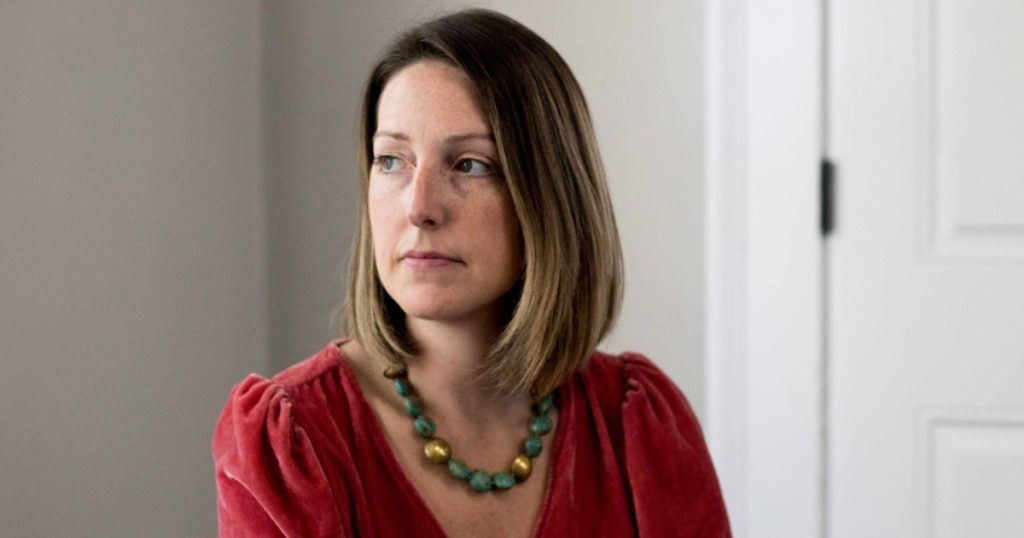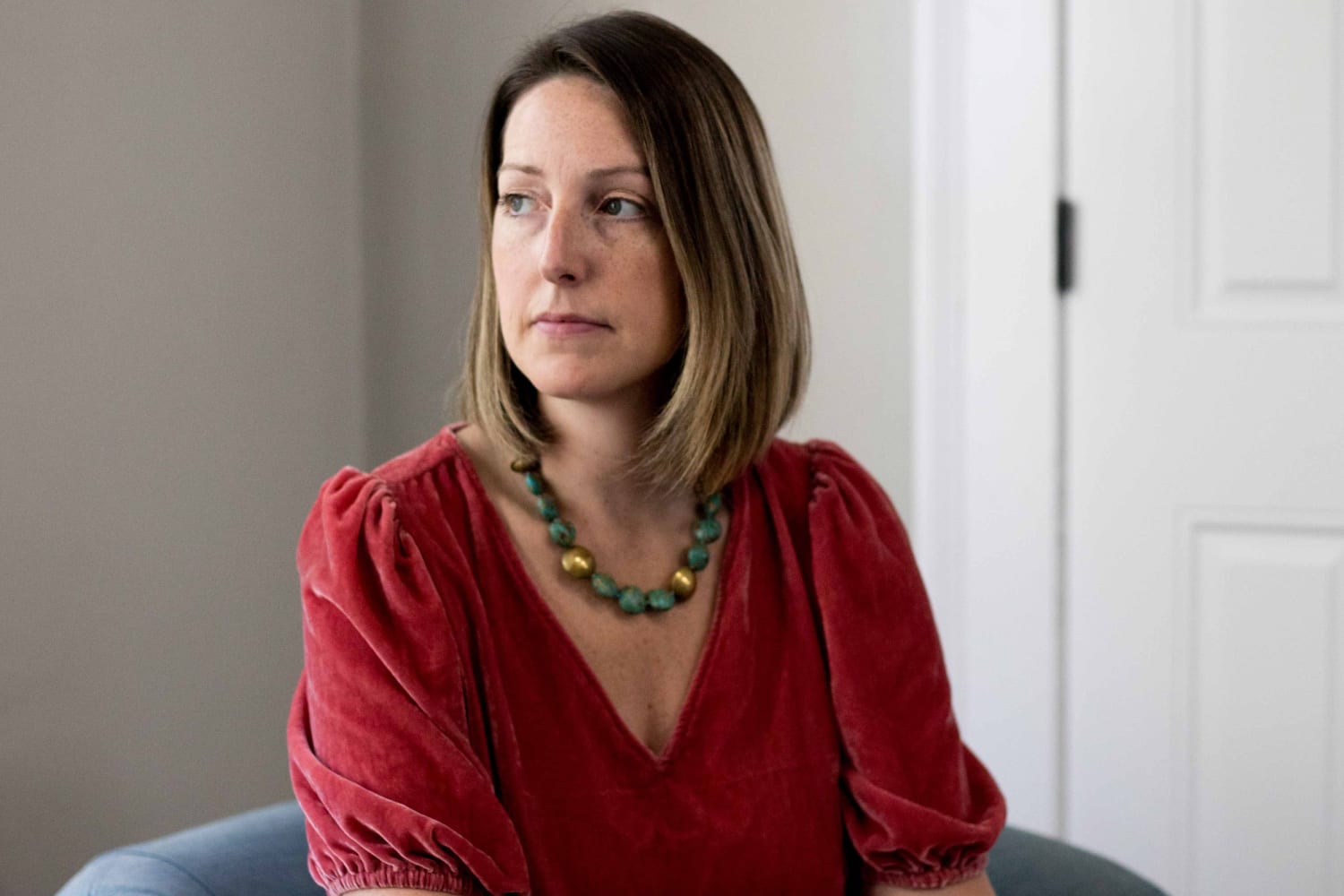

Indiana’s medical board on Thursday found that a doctor who spoke publicly about providing an abortion to a 10-year-old rape victim violated privacy rules, and imposed a fine.
The Indiana Medical Licensing Board voted to fine Dr. Caitlin Bernard $3,000 and issue a letter of reprimand — but did not suspend her license as the Indiana attorney general’s office sought.
Indiana Attorney General Todd Rokita, a Republican, had accused Bernard of failing to report child abuse and violating patient privacy by speaking to a reporter about the young girl’s case. In a written complaint in November, Rokita asked the Indiana Medical Licensing Board to impose a disciplinary action on Bernard accordingly.
In July, The Indianapolis Star reported that Bernard had taken a call from a doctor regarding a suspected case of child abuse involving the 10-year-old girl from Ohio. The child was just over six weeks pregnant. Ohio prohibits abortions after around six weeks of pregnancy, under a law that was enacted after the Supreme Court overturned Roe v. Wade.
The girl went to Indiana to receive care from Bernard, the Star reported, where abortion was legal at the time. Since then, Indiana has passed a near-total abortion ban, though a judge subsequently put the law on hold.
The licensing board voted that the state met its burden in three counts, which deal with privacy, but rejected two others that dealt with reporting child abuse and being unfit to practice.
The president of the licensing board, Dr. John Strobel, called Bernard “a good doctor.” The hearing went on all day, more than 14 hours, and into Thursday night.
“I am certain that Dr. Bernard has learned a lot about privacy,” Strobel said.
Cory Voight, director of complex litigation for the Indiana state attorney general’s office, told the licensing board on Thursday that Bernard violated state law by not maintaining the patient’s confidentiality and not reporting the case to Indiana law enforcement and the Indiana Department of Child Services.
Voight added that Bernard also violated HIPAA, an act that prohibits medical professionals from disclosing a patient’s sensitive health information without their consent or knowledge.
“This is not a typical hearing. There’s been no case like this before the board. No physician has been as brazen in pursuit of their own agenda,” Voight said in opening remarks.
But Bernard’s lawyer, Alice Morical, said that Bernard did report child abuse in a manner consistent with Indiana law, since she informed a social worker at her university about the 10-year-old patient. Where HIPAA is concerned, Morical added, Bernard did not violate the law because her comments to The Indianapolis Star did not include identifying information such as a patient’s name, date of birth or date of hospital admission.
“Physicians can talk to the media,” Morical said.
Indiana University Health, where Bernard works as an OB-GYN, investigated the issue last year and determined that Bernard had complied with patient privacy laws.
Bernard sent Rokita a cease-and-desist letter in July asking him to stop making “false or misleading statements” about her.
“If the attorney general Todd Rokita had not chosen to make this his political stunt, we wouldn’t be here today,” Bernard said during the Thursday hearing.
Bernard’s case has been highly publicized, since her story about the young girl elicited strong reactions from political figures on both sides of the aisle.
“Ten years old. Raped, six weeks pregnant. Already traumatized. Was forced to travel to another state. Imagine being that little girl,” President Joe Biden said in a news conference in July, when he signed an executive order to safeguard abortion access. The order included protections for those who travel from a state that prohibits abortion to a state where the service is legal.
Some Republican leaders, including Ohio Rep. Jim Jordan, falsely suggested in July that Bernard had fabricated the story of her young patient, as did Fox News commentator Jesse Watters and former Fox News host Tucker Carlson.
“I was surprised that people think that young girls are not, unfortunately, frequently raped and become pregnant,” Bernard said on Thursday. “The idea that this was something that someone would make up or was a lie, or is something that doesn’t happen, was very surprising to me.”
An Ohio man, Gerson Fuentes, was charged with the 10-year-old girl’s rape in July, and a detective testified that month that the girl had received an abortion in Indianapolis on June 30.
It has not been made public what Fuentes’ relationship to the girl was prior to the alleged rape. Bernard said Thursday that her colleague in Ohio told her the girl’s two brothers and her mother’s boyfriend were possible suspects.
In a statement after the medical board’s decision Rokita’s office said, “this case was about patient privacy and the trust between the doctor and patient that was broken.”
An attorney for Bernard did not immediately respond to an emailed request for comment Thursday night.
Strobel, the medical licensing board president, said near the end of Thursday’s hearing that the easiest remedy is to get consent.
“You get consent, and then you can talk about it, and you can make some very good points and educate the public,” he said.

 Latest Breaking News Online News Portal
Latest Breaking News Online News Portal




